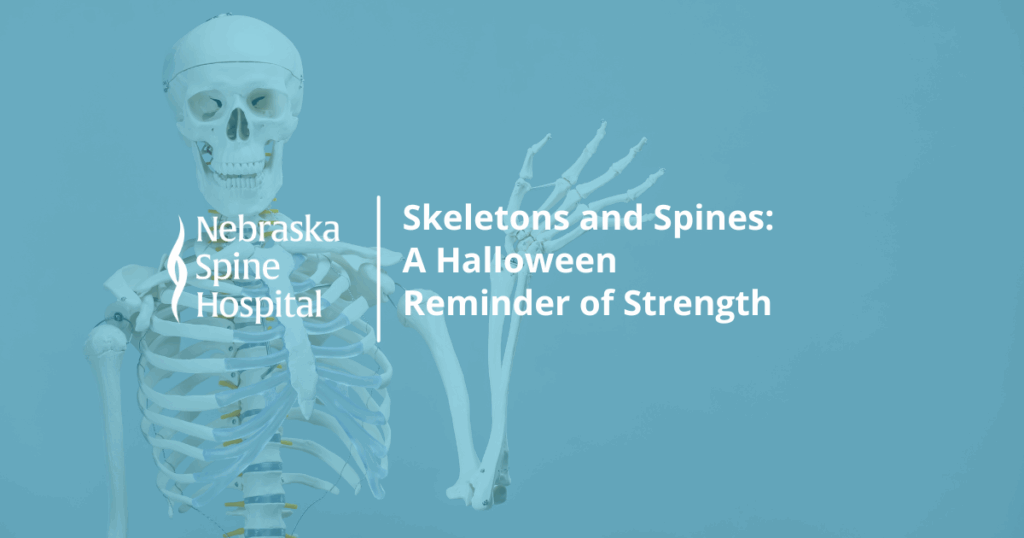With Halloween right around the corner, we decided to touch on one of the most chilling aspects of our work. The nature of our work revolves around people being in pain, so that isn’t the scary part. The scary part is what happens when people leave pain untreated.
Being in pain is uncomfortable, and for good reason. Pain is usually an indicator of something not functioning correctly. Chronic pain, however, is downright unbearable and can have a profound impact on your day-to-day life. Chronic pain is described as any pain persisting longer than six weeks, and has the ability to affect you on both an emotional and physical level.
You Might Also Like: Acute Or Chronic Back Pain
Emotional Effects
The emotional effects of untreated pain are by far the most noticeable. A person suffering from chronic pain often becomes irritable, short-tempered, and impatient. In fact, approximately one-third of people with chronic pain also develop depression.
Being in constant pain makes everything a little harder, meaning people often exhibit the following symptoms:
- Limiting social interaction. People often do this in an attempt to alleviate the stress and decrease the amount of energy they spend reacting to their surroundings.
- Difficulty concentrating, even on the simplest of tasks.
- The desire to simplify life as much as possible.
Because of these symptoms, people suffering from chronic pain often end up in isolation. They regularly turn to sleep for relief, as it makes the pain less intrusive and because they are exhausted from being in constant pain.
Physical Effects
What most people don’t realize is that untreated pain actually takes a physical toll on you. It has the ability to alter your brain chemistry and nervous system, resulting in the following:
- Chronic pain causes your brain cells to deteriorate more quickly, exacerbating all of the emotional symptoms listed above.
- It becomes physically more difficult to process multiple things at once, limiting your focus even more.
- The section of the brain that regulates sense-data also regulates the sleep cycle. From constantly reacting to pain, it becomes smaller, making it harder to fall asleep.
- Recurring pain actually causes the brain to rewire itself to anticipate more pain, causing the person anxiety about the pain.
You Might Also Like: Six Tips For Sleeping With Chronic Pain
This post should not be taken as professional medical advice. If you or a loved one is suffering from chronic back pain, we urge you to seek professional medical help. Use the Find a Doctor tab on our website to find a board-certified surgeon at Nebraska Spine Hospital.








